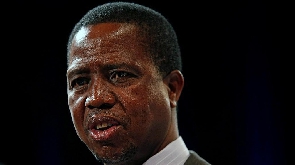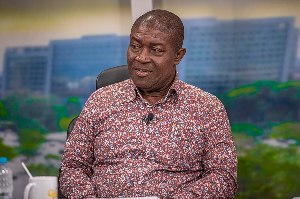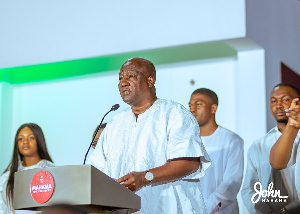After weeks of appeals by a number of Zambian residents, for government to reopen schools, President Edgar Lungu has finally issued a directive to have all schools, colleges and universities reopen from September 14, with the latest date for non-examination classes to resume, being September 21.
This will be subject to strict adherence to COVID-19 prevention guidelines.
Lungu issued the instruction on Friday, September 11, having realised that not many students contracted the virus, among those in examination classes that had reopened two months ago. This is also a way of opening up the country’s economy further.
“Since the reopening of examination classes, I have observed and confirmed that there has been an insignificant number of pupils and students who have contracted COVID-19,” Lungu said
The total number of cases in the country now stands at over 13,000, with around 300 deaths and close to 12,000 recoveries.
Negative Effects of The Closure
Residents have in recent weeks been expressing a lot of concerns about the effects of the continued closure, as part of the partial lockdown, fearing that it would be detrimental to the future of the country, as education is closely linked with economic performance and development of the country.
Others observe that some young people have not been taking advantage of their free time at home and study, but instead use it to catch up with friends and get involved in illicit activities such as drug abuse, binge-drinking and unhealthy sexual activities.
Brian Mufumbwe, a parent, is dismayed by the high number of adolescent pregnancies in his community, which are a result of young girls and boys hanging out on a daily basis and getting too attached, which in turn pushes them into engaging in such unhealthy practices.
“I’ am all for reopening of schools because our kids in the neighbourhood may end up getting out of control,” he says.
Lyson Mumba, a student, in Zambia’s capital, Lusaka admits that a lot of young people have not put their time at home to good use and fears that some may have already forgotten what they learnt.
“It’s true [that school-going youths are busy drinking and abusing drugs, instead of studying, while a number of young girls are now falling pregnant]. These things are happening. Now, people are becoming dull, we want to go back to school,” Mumba stated, before the announcement to reopen was made.
For Luciano Mbapolo, also a student, resuming all classes is a good idea, but not now. He says doing it immediately is too much of a risk, because COVID-19 cases are still high.
“I think they should open next year in January, whether with Coronavirus or no Coronavirus,” Mbapolo reckons
The closure of all schools in March, this year, when Zambia first recorded its first two COVID-19 cases, put many teachers out of work and negatively affected their income, especially those that work at private schools, whose salaries are derived solely from schools fees.
It also resulted into the dwindling of government’s revenue, due to there not being much tax coming through, from the education sector and others that were similarly affected by the partial lockdown.
Fresh Concerns About The Instant Reopening, Emerge
Some parents’ fresh concerns now include the notice given for resuming classes. Some are now saying the government should have given parents enough notice, to enable them to adequately prepare, financially and logistic-wise.
They hope that government would intervene where school fees are concerned, such as requesting education institutions to give parents a grace period for payments, so that they could be able sort out their finances.
Click to view details



Africa News of Monday, 14 September 2020
Source: africafeeds.com

















